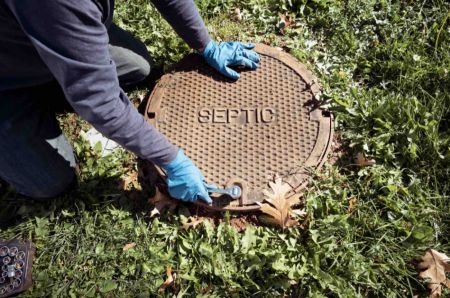Lower Maintenance For Aerobic Septic Systems

Aerobic septic systems require much less maintenance than traditional systems. Unlike traditional septic tanks, aerobic systems do not need to be emptied, as they utilize oxygen molecules to break down the waste, meaning it is never overfilled. The only thing that homeowners may have to do is the occasional addition of special enzymes or bacteria in order to keep the waste properly broken down.
Unlike traditional septic tanks that rely on bacteria to break down waste, aerobic septic systems use a process that requires oxygen molecules to break down the waste. This process is more efficient and results in a higher level of automation, which means less maintenance and lower running costs for homeowners. Instead of relying solely on bacteria to break down waste, an aerobic system uses an electric compressor to inject oxygen into the tank, which helps to break down solids faster. As a result, there is less buildup of solid waste, meaning that homeowners do not need to pump their tanks as frequently, saving them money on maintenance costs over time.
Reduce Your Environmental Impact
An aerobic septic system is more environmentally friendly due to the use of an aerator and the pistoning process that helps to break down solid waste and create fewer residuals. Aerobic septic systems help reduce the amount of pollution that septic tanks can produce, reducing their impact on water sources and soils.
Guardian Well & Septic Services
Keep your septic system in top shape with our expert maintenance and inspection services. Our team of experienced professionals provides comprehensive septic system maintenance, including regular pumping and cleaning, as well as thorough inspections to catch potential problems before they become major issues. We also offer reliable water testing services to ensure that your water is safe and free of contaminants. Contact us today to learn more and to schedule an appointment with our team.
